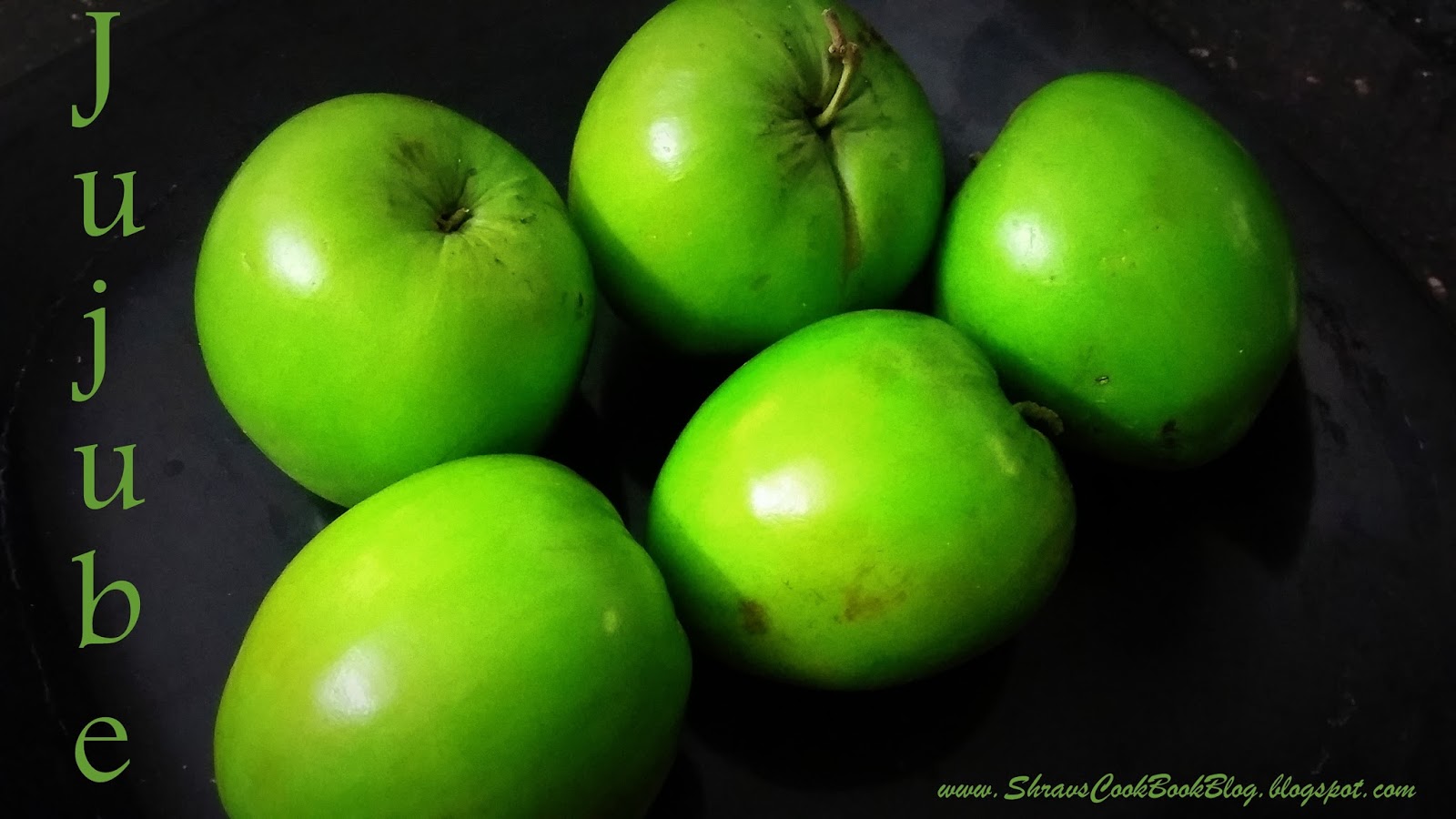

But first, she bites into each ber to ensure that Ram eats only the ripest, but there are other interesting instances that illustrate the status of ber in ancient India. Of course, the most popular story around it features the aged, tribal ascetic Shabari, a great devotee of Ram, who feeds him wild jujubes in the forest. The epics-both Ramayana and Mahabharata-too mention the ber. Be it the wild ber or it’s domesticated variants, the fruit has been around for thousands of years.ĭifferent kinds of the jujube fruit have been mentioned in Vedic literature including the Brahmanas and Samhitas and later in Sutra literature. Archaeobotanical records too, attest to the fruit’s prehistoric antiquity in the subcontinent.

In fact, Hindu mythology is strewn with references to the jujube (both the fruit and the tree). As Badrinath, he is the lord of the jujube tree, known as badri or badara in Sanskrit. Ber is also among Shiva’s favourite fruits and is offered to him on Maha Shivratri. However, Saraswati isn’t the only deity that ber or the jujube is associated with. A khaager kalam (reed pen) is inserted into the pot, and a single kul is balanced on top of the pot. For instance, earthen ink pots filled with raw milk (symbolic of ink) are kept in front of the goddess. On Saraswati Puja, in Bengali homes, kul is not only offered to the Goddess as part of the naivedya, but has specific ritualistic use as well. Of course, one later learns how the custom is, perhaps, merely a way to discourage children from eating the somewhat astringent and highly acidic unripe kul. Popping a kul or two before Saraswati Puja would invariably result in poor grades, elders warn. The young, easily the greatest patrons of the sometimes sweet, deliciously tart, sweet smelling winter fruit, are typically scared into submission. Dubbed as Saraswati’s favourite fruit, it must be offered to the goddess of learning before mere mortals can feast on their favourite variety of the jujube. The occasion is celebrated on Vasant Panchami that generally falls during the peak kul season.

It contains sugar, which may cause an increase in blood sugar levels.A peculiar custom popular in Bengal prohibits the eating of kul, or ber, before Saraswati Puja. Jujube fruits contain a variety of constituents that are beneficial to body metabolism however, they are not recommended for use in diabetics. Is jujube fruit a good option for diabetics? A.

Eat enough to help, but not create more problems in your health. Tip: Over-consumption of anything – even the healthiest of foods – is not good for health. So, it is advisable to consult a physician before eating jujube fruit if the person is suffering from intestinal parasites, excessive phlegm, bloating or tooth disease.
#Regi pandu tree skin
Because of its antioxidant effect, it is also known to be effective against skin irritations and skin diseases.


 0 kommentar(er)
0 kommentar(er)
